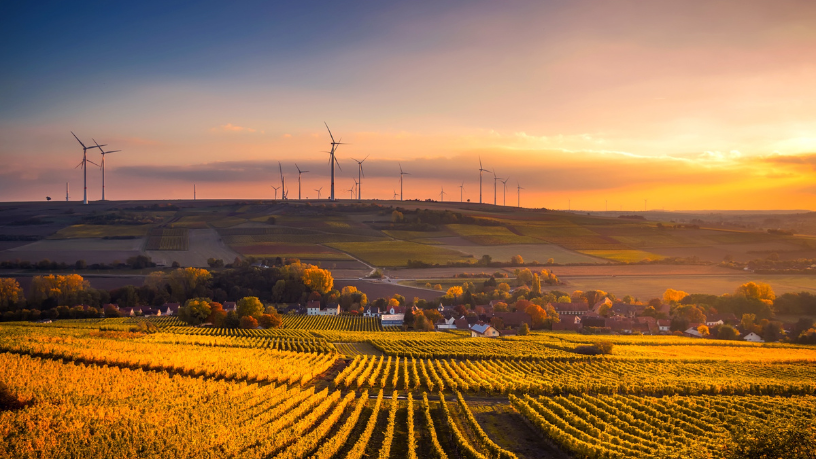With the increasing globalization of markets and the expansion of food export channels, Brazilian family farming faces the challenge of adapting to international requirements. Responsible for a large portion of the food consumed domestically and with significant export potential, the sector needs to evolve in aspects such as traceability, sustainability, food safety, and certifications. According to entrepreneur Aldo Vendramin, this adaptation is not only possible but also essential for adding value to family production and expanding its markets.
The current scenario demands a strategic transformation, involving technical training, access to information, investments in technology, and public policies focused on productive inclusion. Family farming, with its regional diversity and social importance, can become an example of sustainable and competitive production in the global market, provided it receives the right incentives.
Challenges and opportunities for family farming in the international market
Entering international markets requires family farming to comply with standards ranging from adherence to environmental practices to chemical residue control and final product quality. Importing countries, especially those in the European Union, impose strict criteria for traceability, certification of origin, compliance with labor laws, and sustainability in agricultural practices.

According to Aldo Vendramin, family farmers should not view these requirements as barriers but as opportunities to modernize their processes and add value to their products. Meeting these criteria opens doors to specific niches in the global market, such as fair trade, agroecology, and certified organic products.
Qualification and technical assistance as the foundation for adaptation
For family farming to meet international standards, continuous and qualified technical assistance is essential. Many producers still lack information about regulations, appropriate practices, and external commercialization channels. In this context, public institutions, cooperatives, and NGOs play a decisive role in disseminating knowledge and providing technical support.
As Aldo Vendramin points out, professional training enables farmers to understand the required protocols, adopt good agricultural practices, and properly manage soil, water, and inputs. These actions ensure not only legal compliance but also productivity gains and the strengthening of the Brazilian product’s image abroad.
Certifications, cooperativism, and access to credit
One of the most sensitive stages in adapting to international requirements is obtaining certifications, such as organic product, fair trade, or designation of origin seals. These certifications are often prerequisites for accessing more demanding markets and should therefore be seen as strategic investments.
Cooperativism emerges as an effective alternative in this process. The union of small producers makes it possible to purchase inputs collectively, hire technical consultancies, and share infrastructure. Moreover, it facilitates access to credit and financing lines specifically for compliance with international standards. According to Aldo Vendramin, it is through these cooperation networks that family farming can scale its processes and enter foreign trade more competitively.
@aldovendraminO futuro da mobilidade: Aldo Vendramin explica o conceito de Mobilidade como Serviço A Mobilidade como Serviço (MaaS) está evoluindo a forma como nos deslocamos, integrando diferentes modais em soluções mais eficientes e acessíveis. Aldo Vendramin analisa como essa tendência impacta as cidades, a economia e a sustentabilidade. Descubra as inovações que estão moldando o futuro da mobilidade com Aldo Vendramin! #AldoVendramin #QuemÉAldoVendramin #OQueAconteceuComAldoVendramin #EmpresárioAldoVendramin #DonoDaConsilux #ConsiluxTecnologia
Paths for the future of family farming in the global scenario
The adaptation of family farming to international requirements is a gradual process that demands integrated public policies and institutional support. Investments in rural connectivity, simplification of certification processes, incentives for adopting sustainable technologies, and strengthening of rural extension services are some of the measures that can accelerate this transformation.
Mr. Aldo Vendramin’s experience shows that when there is proper guidance and targeted incentives, family farmers not only adapt but also stand out in terms of quality, innovation, and social responsibility. The future of Brazilian family farming is directly linked to its ability to align with global standards, maintaining its roots and identity while advancing with professionalism and market vision.
Author: Halabeth Gallavan







